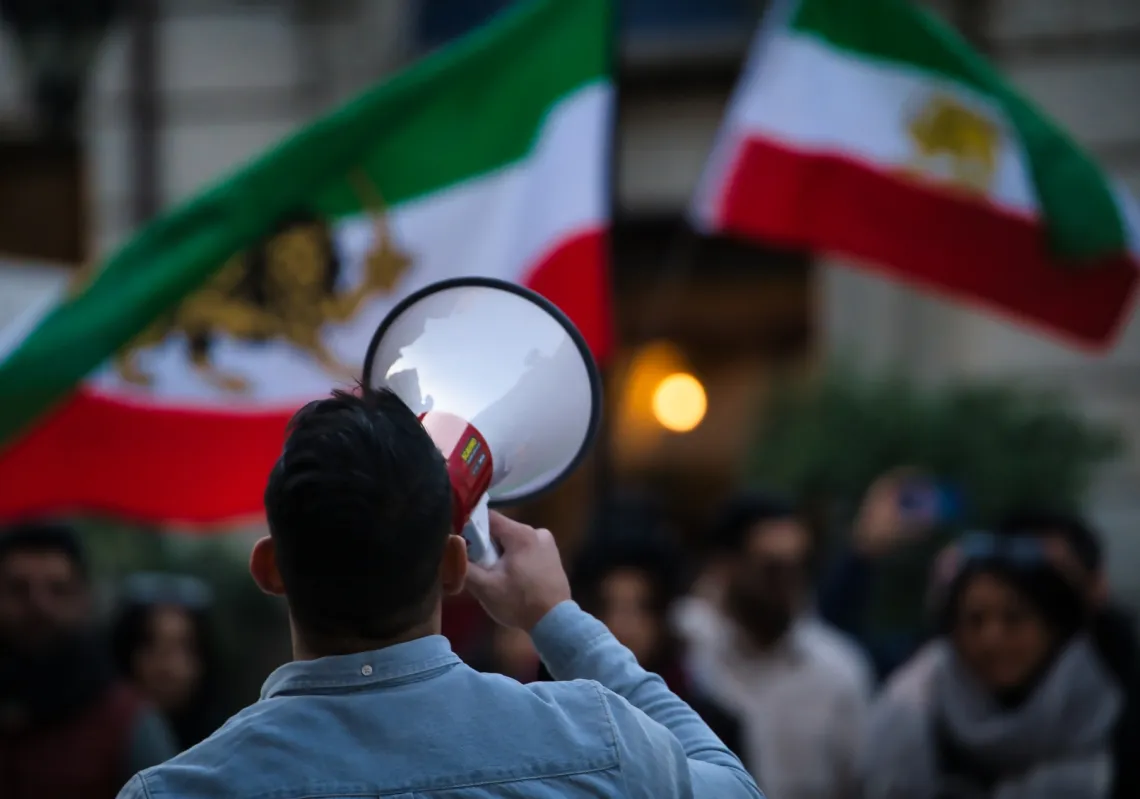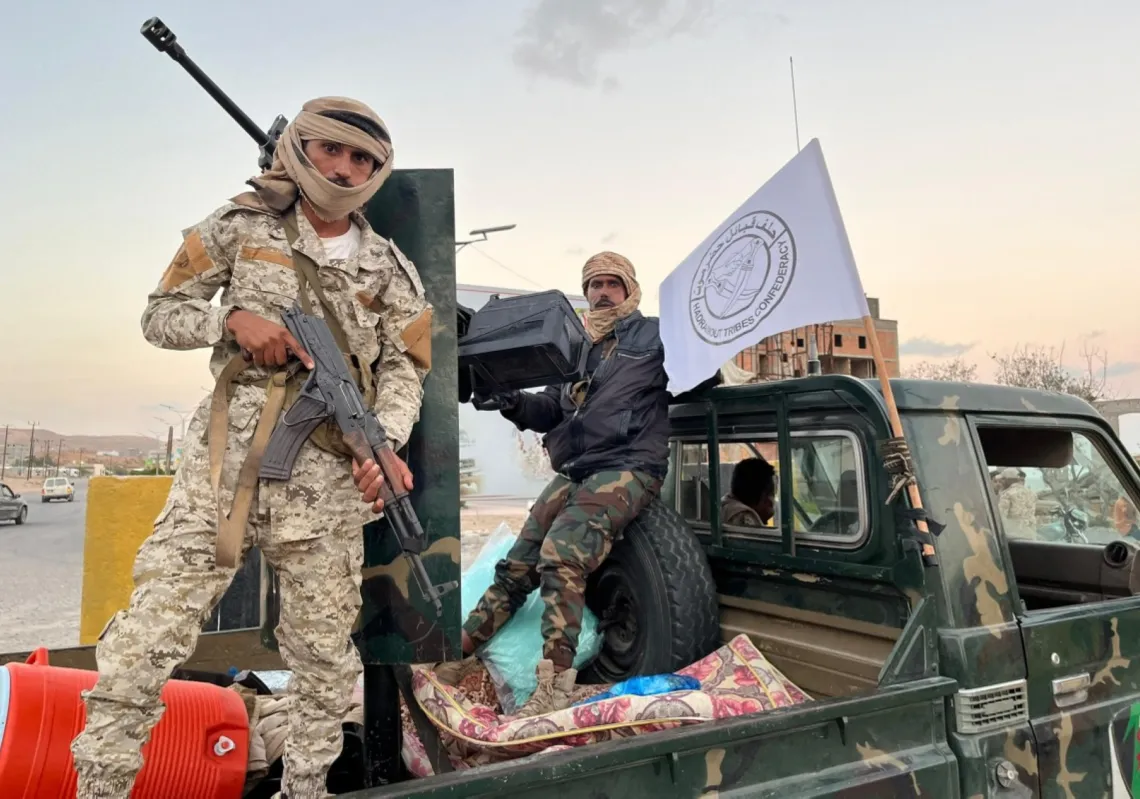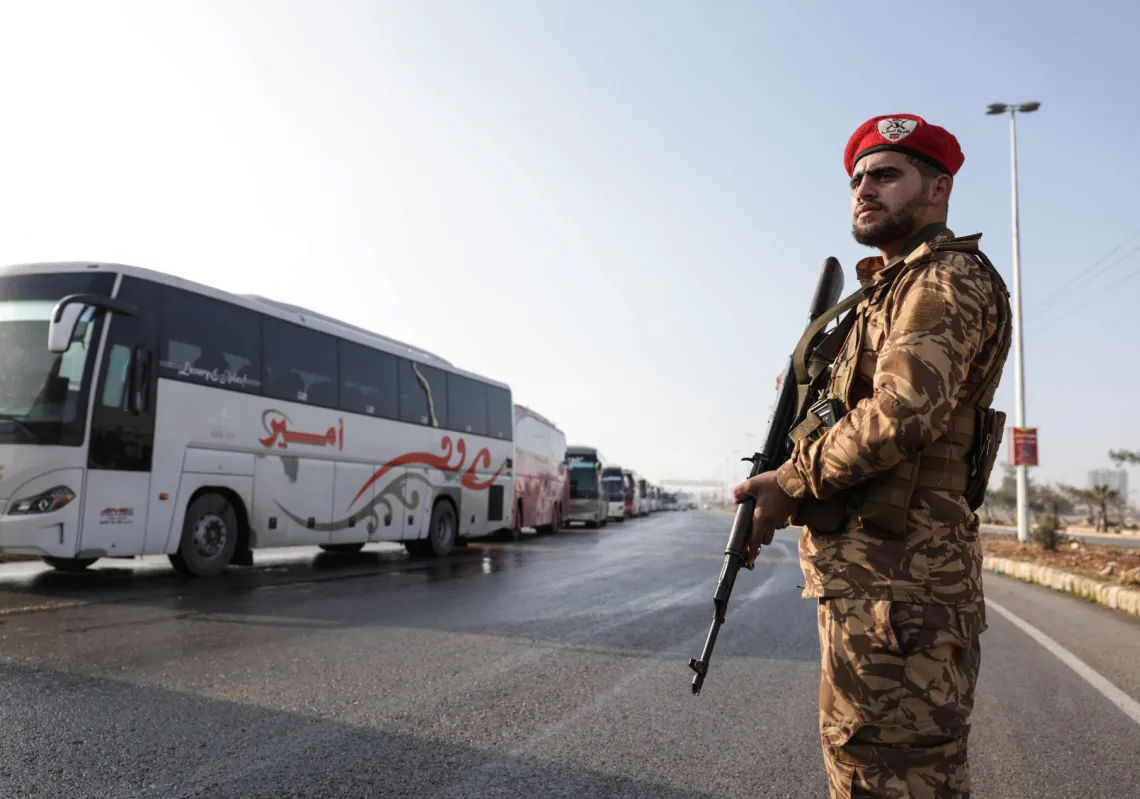Hassan Al-Turabi is a politician, scientist and philosopher. Making an interview with him proves perhaps one of the most difficult due to the bulk of ideas that he possesses. However, he has a pragmatic personality that can not be politically embarrassed easily. Therefore, he tried to manoeuvre with a lot of questions for which he did not want to give clear-cut answers. He soared into spaces of generally accepted views. You can not help submitting to his charming will and his ability to move smoothly from one idea to another. Al-Majallah had an interview with him to shed light on the most prominent political events including Iran ties with the region, the issue of Darfur and the Islamic Movement in Sudan.
Q1: An Iranian Aid convoy coming from Sudan was bombed. What's your position on Iran's interference with the Arab security?
A: In the beginning, the whole world struggles and cooperates. There are international and regional crises, some of them are trade issues and the others are military. Modern means of communication and news broadcasting have brought the world closer together. We, Muslims have to support each other, regardless how far the needy ones might be. Neither religious sectarianism nor ethnicity should deter us from uniting.
It was worthy of Arabs to give way to support Hamas whether by Iran or any other party, seeing the movement besieged internationally. It is true that it is difficult for Iran to cross Iraq, Lebanon and overcome its political crisis and the West Bank due to its rift with Hamas. Therefore Muslim people and their public opinion should get closer to its victory. Arab governments and people should have done that in the first place.
Q2: Do you think that Iran has greedy aspirations in the Arab region?
A: It is true to say that Muslims are one nation and they should break free from sectarianism which has torn the Islamic world apart. Shiites and Sunnis are Muslims and we all embody the same thing. All the nations in Western Europe have united and formed one bloc despite their differences. We, Muslims, should group to be stronger. If we do not do that two things happen: larger powers would swallow us and nationalistic trends would engulf us. Iran would maintain its religious enthusiasm and its Persian nationalism as the Arabs would strive for the support of each other. I hope the Arab countries will achieve unity because we live in a world of international blocs today. And the Arabs became dependant on other today.
I speak to Iranians frankly. Right, there is the language barrier between the Arabs and the Iranians as they speak Persian, but this difference had never prevented the two sides from cooperation and mixing.
Q3: Do you think that Al-Basheer has to surrender himself to the International Criminal Court in order to solve the crisis of Darfur?
A: What is the guilt of Darfur People? They are all Moslems who do not want to be murdered! The regime has combined despotism and corrupt. We have revolted against Al-Basheer because he turned against Shura. We have the right in our cause as Islam is our end. But Al-Basheer wants to take exclusive possession of power and authority. You know, Sudan is a democratic country and democracy means that government is held by all citizens. It is like a partnership between the ruler and citizens. The ruler should not be tyrant and should not take over people's money unjustly. This is the point of difference between us and him. Not only Darfur wants to enjoy its independence but all other Sudanese provinces desperately aspire to the same.
The court says that Al-Basheer is legally condemned. Even if he might not commit such crimes by himself, he knew about them and thus is legally convicted. Politically, we say that he is responsible for Darfur crisis and millions of emigrants who left their home. He is accused of scores of rapes, murders and burnings of hundred thousands of people. He is politically convicted.
In our religion, there is no immunity for any one. If Sudan fails to show up justice, we can benefit from justice of other countries. If justice is available abroad, it is better than international political relations that involve pressures. This is the justice of law. If Al-Basheer is not guilty, he has the right to defend exculpate himself. Sudan will never be get lost. The constitution stipulates how the country is directed in such case.
It is not a personal affair between Al-Basheer and me. It is rather a quest for justice. Consider Israel, the country we hate. It applies justice among its people. If Al-Basheer is not willing to surrender himself to the court, he has to leave office. It is better for himself and his country as well if he surrenders himself to the court. We should learn a lesson from what has happened in Iraq.
Q4: It is said that the Islamic Movement in Sudan has made many mistakes regarding seeking power. What's your opinion?
A: It seems that the West lies in wait for Islam. Every time Islam gets nearer to having power in Sudan, they empower the armed forces against it. Our experience with Numairi and Sadeq Al-Mahdi is evidence to my argument. When we started applying the provisions of Islamic Sharia including prohibition of wine and Riba (usury), they gave a free hand to Namiri against us. They exercised pressures upon us through Al-Sadeq Al-Mahdi. We want to adopt the approach of the Rightly Guided Caliphs that is based on Shura. We don't want political conflicts and disputes like what had happened in the Abbasid Caliphate including murdering and bloodshed. We aspire to fair elections and a government based on Shura for all people. The Imam (ruler) should be interrogated about his acts. We resorted to the army in order to protect us from the West. But the world interpreted our act as a military revolution. Then they feared from the West more than they feared from God. We disagreed with them regarding liberties shura. We look forward to fair elections and more liberties. We want to stop robbery of people's property. After all, we need justice to prevail on our land.
And Islamic movements should benefit from our experience in the management of power and economy. They should be careful not to commit our mistakes. We must learn how Islam judges international realities and relations. We failed because we thought that anyone who grew up under the Islamic movement would not be tempted by the money, power, and usurps people's money and seizes absolute power.
We seek to document this experience in full details in books that I am currently writing. Some of them are currently subject to printing and will be issued soon. The books maintain that Islamic movements should not seize the rule until they realize the consequences and constraints of that action. The reason is that Muslims will be subject to temptations even if they believe in their ideas, because Islam has been absent for many years. Swollen public funds, international relations, power and the judiciary are not elements available in a book, but they are a process that you should be prepared to and it should be practically apprehended.
Question 5: Did the Islamic movement in Sudan commit big mistakes?
A: The movement committed serious mistakes, first by coming into power through an uprising against the rule and using military force, not like what Prophet Muhammed (PBUH) did, when he entered Mecca by mutual consent. God did not instruct us to compel people in this manner, because consent gives way to people's freedom, and we chose the wrong approach by using the army.








